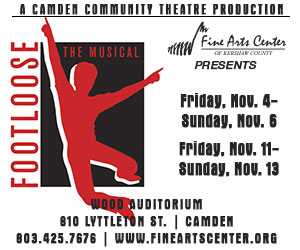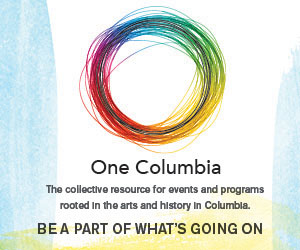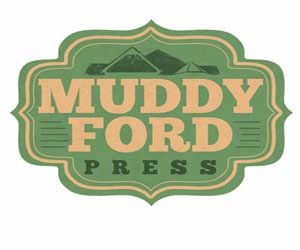On Andy Warhol’s Jimmy Carter 1, by Ed Madden
His hand is a fist but it is not a fist. His watch is on the inside of his wrist. Doctors do that, and nurses. But so do farmers. It’s so you don’t scratch the crystal when you’re doing manual labor, doing something difficult. Is this a signal? He is about to do something difficult.
Warhol’s image of Jimmy Carter takes me back to my childhood, but not in some kind of nostalgic way. When I look at this image, it is weirdly resonant, charged with ambivalence.
Warhol’s image is like some superhero with those big blocks of color, that serious face. But it’s not the usual red, white, and blue of a politician, but red, white, and—peach, and yellow. There is a flag, maybe, behind him, but in his hand a yellow book.
It makes me think about how we use the past, how we write about the past. What blocks of color do we use in the screens with which we print out what we remember? What pose, what image, what detail sticks in memory?
It’s 1976. I remember my Bicentennial bellbottom jeans, with their red, white, and blue stitching on the back pockets. I think they were hand-me-downs from my youngest uncle. I was 12 years old.
Jimmy Carter is larger than life in my memory. I remember my parents’ interest in him. I remember their anger at him. I don’t remember if they voted for him the first time, in 1976—though I’m sure they didn’t when he ran against Ronald Reagan in 1980.
I remember our excitement when he first ran. He was Southern. He was a farmer, like my dad and my uncles.
But then I remember Carter’s appointment of Midge Costanza, and my mother’s involvement in anti-feminist politics. And I remember the tractorcades in 1978 and 1979 that went to DC to protest. We had a tractor in those protests. Drove all the way from Arkansas to the Mall.
If he was a farmer, my dad might have said, he betrayed farmers. If he was a Southerner, he resisted all that was regressive and wrong about the South. He was about to do something very hard.
His watch is on the inside of his wrist.
His hand is a fist but it is not a fist.
You can be of the culture but resist the culture. You can love the people and places of your past with all you have, but still be critical, still resist, still get it right by getting it all so very wrong.
He holds a book the color of pollen.







.jpg)
